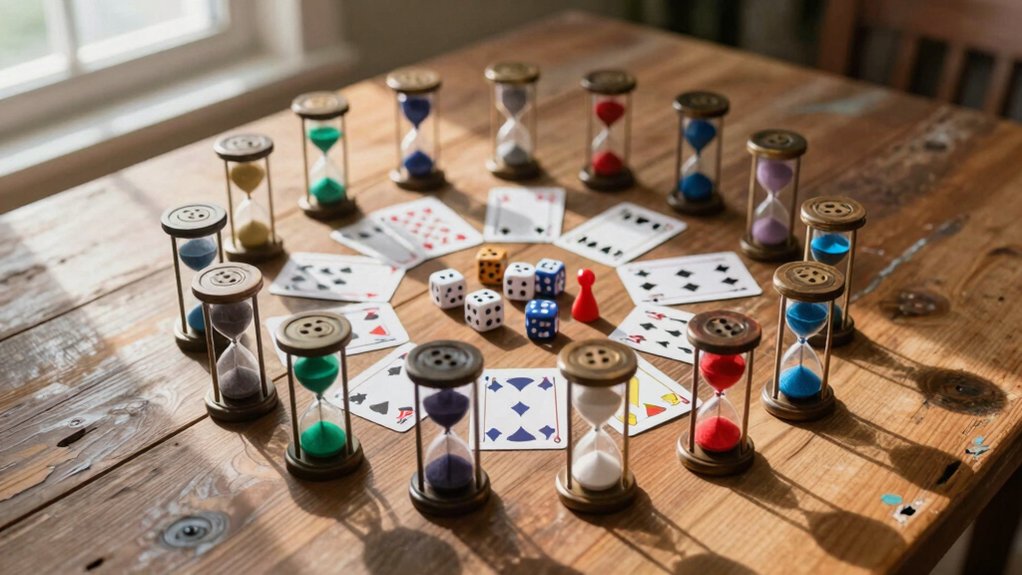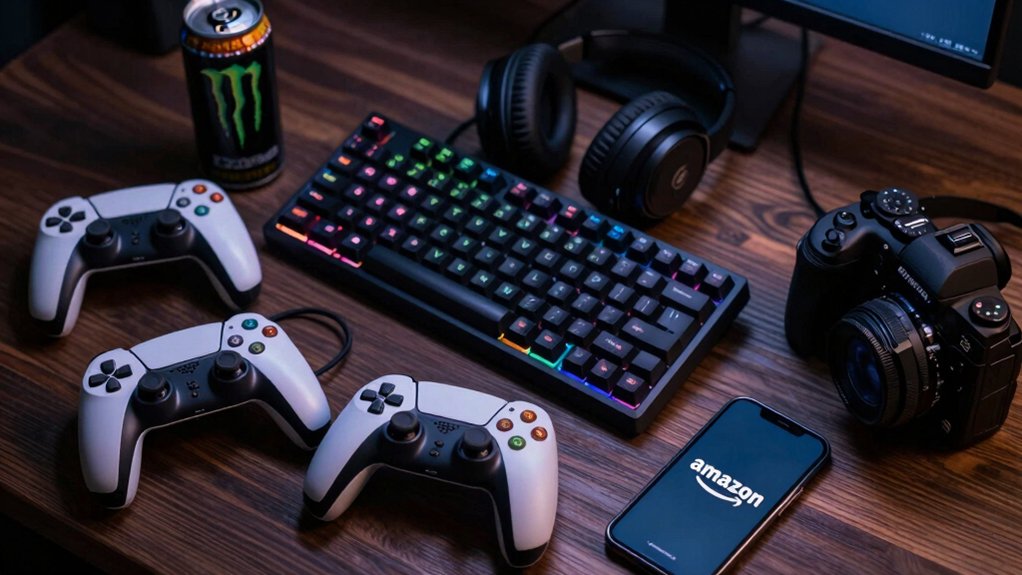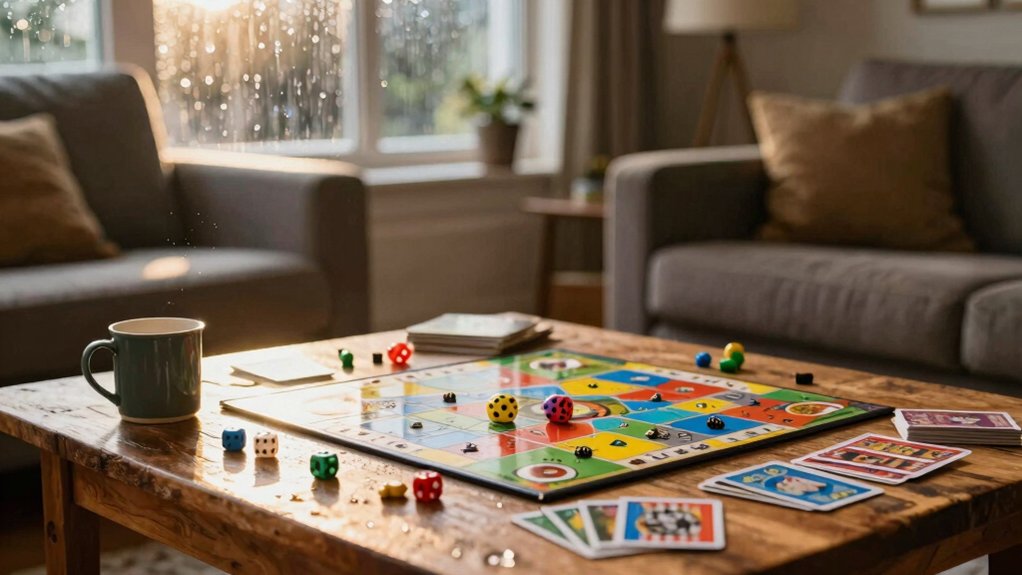Group study sessions can be a great way to get motivated and stay on track with your studies. However, conflicts between group members can quickly derail your productivity and lead to frustration.

In this article, you’ll learn tips for identifying, communicating, and resolving conflicts during group study sessions, so you can stay focused and productive.
Identifying Conflict
You can identify conflict in your group study session by paying attention to the signs. Look out for signs of tension such as raised voices, crossed arms, or people avoiding eye contact.
If someone seems to be disagreeing with the group’s consensus or not actively participating, that could also signal a conflict. Paying attention to the energy in the room can help you pinpoint potential conflicts.
Tips For Effectively Dealing With Conflicts During Group Study Sessions
It is important to address conflicts as soon as possible, without ignoring them. Resolving disagreements can be uncomfortable, but it can also help create a more productive and positive study session.
Start by using positive reinforcement and active listening when dealing with conflict. Show your group members that you’re listening to their concerns and validating their feelings. Try to find common ground and compromise with each other. It’s important to be respectful of everyone in the group and make sure everyone feels heard.
Communicating Effectively
You can improve the effectiveness of communication during group study sessions by using active listening and speaking respectfully. Developing trust amongst group members is essential for successful communication, and expressing empathy is key to understanding different perspectives. When talking with group members, avoid making assumptions and focus on understanding their point of view. Allow encouragement and positive reinforcement to be part of the conversation.
When conflicts arise during group study sessions, each group member should be given a chance to express their opinion. Ensure that everyone is heard and respected. If some group members aren’t comfortable speaking up, facilitate the conversation to ensure their voice is heard. Avoid passing judgment or making assumptions about others’ opinions.
When disagreements occur, it’s important to agree to disagree. Encourage group members to take a step back and look at the situation objectively. Instead of focusing on the conflict, focus on the goal and how to achieve it. This will help to minimize the tension and prevent any negative feelings from arising.
Resolving Difficult Situations

You can resolve difficult situations during group study sessions by taking a step back and looking at the situation objectively. Group dynamics and emotional triggers can often cause heated disagreements and tensions among members of a study group. To effectively resolve these conflicts, it’s important to be mindful of these triggers and understand what may have caused the disagreement.
Start by encouraging the group to talk openly and honestly about the situation at hand. It’s important for all members to have their say and listen to each other’s points of view without becoming defensive. Once everyone has had a chance to express how they feel, work together to come up with a solution that everyone is comfortable with.
It’s also helpful to practice active listening, which involves repeating back what you heard and showing that you understand the other person’s point of view. This can help to defuse the situation and allow the group to move forward with a solution.
In some cases, it may be helpful to take a break and come back to the issue later. This can help to give everyone a chance to clear their head and come back to the discussion with a fresh perspective.
Establishing Ground Rules
Before beginning any group study sessions, it’s important to establish some ground rules to ensure everyone is on the same page and can work together in a respectful manner. This will help foster cooperation and set expectations for each person in the group.
Start by making sure everyone contributes equally to the discussion. This means that each person should have a chance to speak without interruption. Additionally, encourage everyone to be open to different points of view and be respectful of other people’s ideas.
It’s also important to set specific goals and expectations for the group. Make sure everyone is clear on their individual responsibilities and roles. Discuss how often the group should meet and establish a timeline to complete the project. Additionally, create an agenda for each session and stick to it.
Maintaining Focus and Productivity

You’ll need to stay focused and productive if you’re going to resolve conflicts in your group study sessions. Here are four tips for maintaining productivity and focus during group study sessions:
- Brainstorm solutions: Get everyone involved in brainstorming solutions to the issues that have arisen. This helps to build trust and encourages creative and collaborative thinking.
- Set clear goals: Agree on goals for the group to focus on and make sure everyone is on the same page. This can help to ensure that everyone is working towards the same end result.
- Monitor progress: Keep track of everyone’s progress and make sure that everyone is meeting their individual goals. This can help to ensure that everyone stays on track.
- Take breaks: Take regular breaks to give everyone a chance to take a step back and relax. This can help to keep everyone focused and productive.
Frequently Asked Questions [FAQs]
How Do I Know If My Group Members Are Comfortable Discussing the Conflict?
Listen to your group members carefully and observe their body language. Use communication strategies to ensure everyone feels comfortable discussing the conflict. Have good listening skills to understand all perspectives and work together to resolve it.
What Should I Do if There Is a Disagreement Between Group Members?
Listen to each group member’s opinion and use active listening skills and communication strategies to try to understand their perspective. Encourage open dialogue and work together to resolve the disagreement.
How Can I Ensure That Group Members Are Productive During Our Study Sessions?
To ensure productivity, respect each other’s boundaries and practice active listening. Allow everyone to give their input and stay focused on the task at hand.
How Can I Maintain a Safe Environment for Everyone to Express Their Opinions?
Encourage active listening and sharing experiences to create a safe environment. Make sure everyone feels comfortable expressing their opinions.
How Can I Help My Group Stay Focused on the Task at Hand?
You can help your group stay focused by sharing experiences and implementing rules. Encourage each team member to share their ideas and provide constructive feedback. Set clear goals and expectations to ensure everyone is on the same page.
Conclusion
No matter the size of the group, conflicts are bound to arise during group study sessions.
By learning to identify and communicate effectively, as well as establishing ground rules and maintaining focus, you can ensure that conflicts are resolved quickly and productively.
With these skills, you’ll be able to make the most of your group study sessions and get the best results.




Leave a Reply